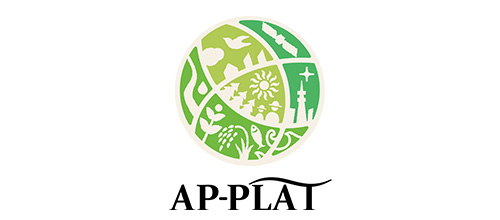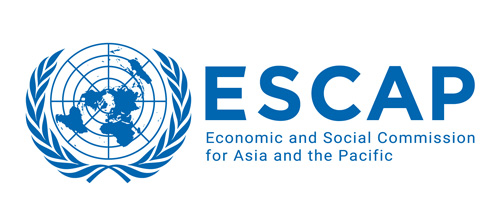Memorandum of Agreement (MoA) Signed for an Innovative Cooperation for Resilience in the Asia–Pacific Region

The United Nations Economic and Social Commission for Asia and the Pacific (ESCAP) and the National Institute for Environmental Studies, Japan (NIES) signed a Memorandum of Agreement (MoA) for the implementation of joint research on tool development and content creation concerning climate change adaptation. This was intended to significantly enhance resilience to climate change in the Asia–Pacific region.
The MoA, signed by NIES President Masahide Kimoto and ESCAP Director of Strategy and Programme Management Division Adnan H. Aliani, will facilitate collaboration between two platforms for climate change adaptation: the Risk and Resilience Portal operated by ESCAP, and the Asia–Pacific Climate Change Adaptation Platform (AP–PLAT) operated by NIES, the Institute for Global Environmental Strategies (IGES), and the Ministry of the Environment of Japan (MOEJ).

Capacity Building Workshop in Maldives (31 January to 1 February, 2024)
AP-PLAT and ESCAP have collaborated on science-based climate change projections and capacity development for stakeholders in climate change adaptation across the Asia-Pacific region. Last year, the two parties conducted a joint analysis and assessment of the cascading risks of climate change in the Maldives, one of the most vulnerable countries to climate change. Furthermore, the joint team from the both parties generated downscaled climate projection data for the Maldives and identified sector-specific risks associated with climate change. These outcomes are currently accessible on the Risk and Resilience Portal. Additionally, a training workshop was conducted for stakeholders in the Maldives to enhance their capacity in utilizing the latest climate projection information and geospatial techniques for adaptation planning.
AP–PLAT and ESCAP plan to extend their successful project over the next three years to additional nations in the region through the “Early Warning for All” initiative. The signing of the MoA sets the stage for both organizations to work together, utilizing their expertise, resources, and broad networks to tackle the intricate task of tailoring climate projections for individual countries. This collaborative effort aims to contribute to the achievement of the Sustainable Development Goals 2030 in the region.
- The past collaborative efforts between AP-PLAT and ESCAP:
(Posted : 27/Mar/2024)


